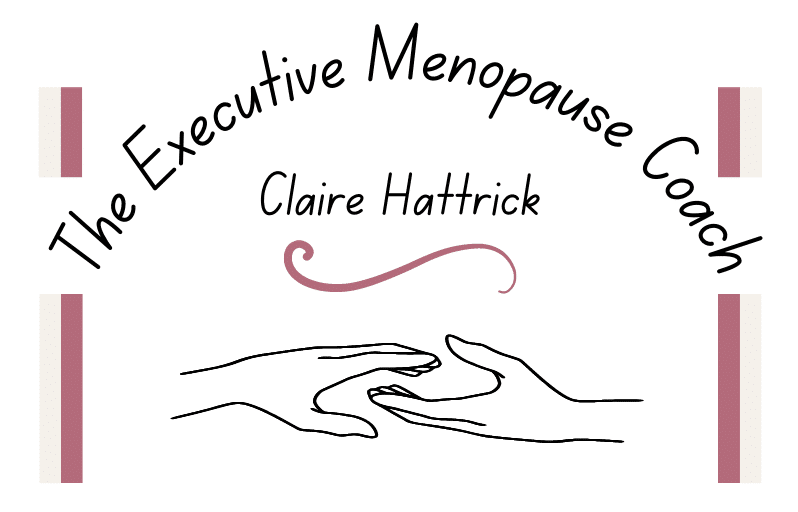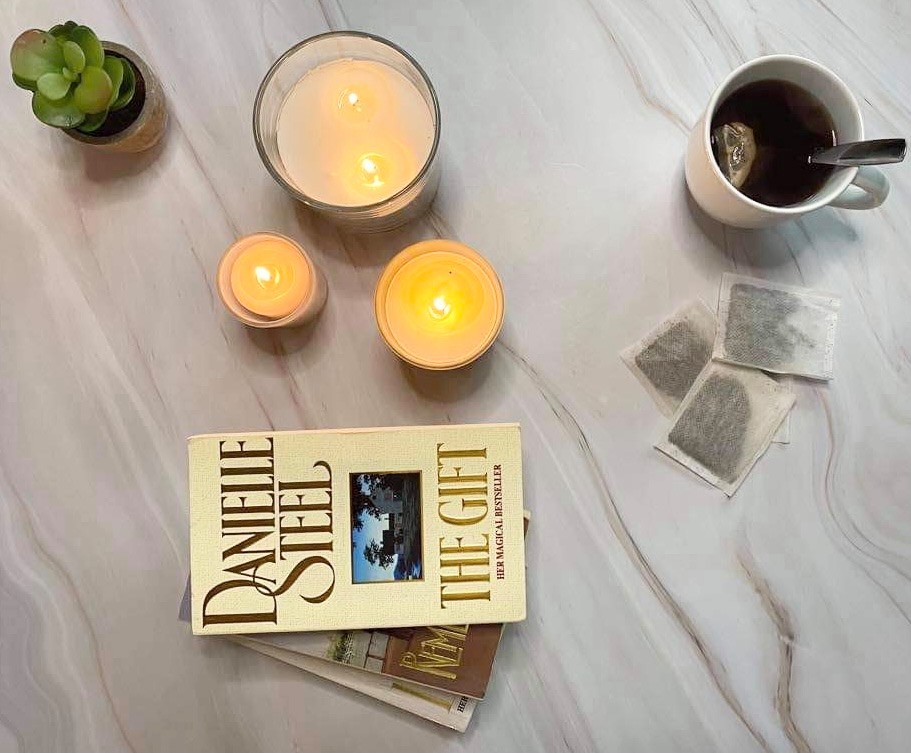Menopause fatigue is such a common symptom! There is truly nothing worse than Insomnia! I have been there and “got the T- shirt”! I can quite honestly say, it was months of hell and some! Trying to get anyone to actually believe that I had NO sleep whatsoever at night fell on deaf ears.
Please be aware that this blog post contains affiliate links and any purchases made through such links will result in a small commission for me (at no extra cost to you).
Click here to read our other Menopause Help blogs!
Menopause Fatigue
We are supposed to aim for about 7 hours sleep a night, and lack of it can have a huge detrimental effect on us. Our mental health can suffer, we can have heart problems, and our cognitive function goes out the window totally! As we go through the Menopause, our sleep plays a major part and can also influence other heath conditions at this time.

Use code EMCOACH20 and receive 15% off your DR.VEGAN order! Click the photo above to check them out.
It is down to, again the decline of Oestrogen that can cause disrupted sleep. All of the following can cause you to wake up or not be able to get to sleep in the first place: Hot Flushes, Night Sweats, Anxiety, Depression. Some of these symptoms could actually be the cause of bad sleep, with Anxiety and Depression being caused because of the lack of sleep! Problems such as joint pain and constantly needed the toilet at night are also to blame for sleep disturbance, due to the decline in Oestrogen. Progesterone decline also plays a part in sleep disturbance as it has a sleep-inducing effect on the brain’s pathways.
Some of my friends tell me they suffer horrendously with Restless Leg Syndrome, when I looked into this, it seems women are far more likely to get this than men. You get a tingling and creepy crawly sensation in your legs but only at night-time. Post-Menopausal women suffer more than women who haven’t started the Menopause. What is left unanswered is whether it contributes to poor sleep or women are more aware of it, because they are awake.
Some suggestions for poor sleep include: Stress management, healthy eating, exercise, being socially active.

Speaking to some of my friends a lot of people are turning to probiotics to help them sleep at night, these probiotics come highly recommended for helping people sleep so I would definitely check them out if you are struggling! Click here to go to their website!
Some other ideas that have been suggested to me to improve sleep are:
· Having a good bedtime routine. This is good for establishing a good sleep pattern.
· No afternoon snoozing!
· Do not exercise too near to going to bed.
I love using this hand held body massager, it helps to relieve pain in muscles and helps me to sleep better at night!
Before bed:
· Have a soak in the bath to relax, I love this set from ESPA, the Candle, Shower Gel and Body Oil is so relaxing and lasts for ages.
· Read a book, but nothing that will get you thinking about it afterwards! Or listen to a meditation audio book, some of my friends have recommend this headspace meditation audio book, which is supposed to be really relaxing.
· Do not eat too near to going to bed.
· Alcohol should be avoided if possible as it does not help you sleep.

Bedroom Set Up:
· Do not have the room too hot but not too cold either.
· Make sure the room is dark, and noise free.
· Make sure you have a good mattress and are comfy.
· Use good quality bedding.
· Avoid TV, Mobile Phones and working on a Laptop before going to sleep, or if you must use these items, these blue light glasses have been highly recommended to me.
There are Herbal Remedies on the market too, which can aid better sleep, but I think its down to trial and error and what works for you. Some of these have been highly recommended by friends who are having trouble sleeping at night.
· Melatonin Supplements (This is the hormone that your body produces, telling your brain it is time to sleep),
· Lavender (Smelling this before you go to sleep can enhance your quality of sleep), this lavender pillow spray can be sprayed onto your pillow before you go to bed, to help you sleep.
· Passionflower (Popular remedy for insomnia).
Always consult your GP, if you are concerned about an underlying sleep problem and especially if it goes on for months on end. If your daily life is being affected, do not suffer, there is help out there.
If you want to read more of our Blogs from The Menopause Lounge, Click Here!
*DISCLAIMER*This page does not provide medical advice; it is intended for informational purposes only and is based upon my opinion and experiences. It is not a substitute for professional medical advice, diagnosis or treatment. Never ignore professional medical advice in seeking treatment because of something you have read on The Executive Menopause Coach website. Always seek professional medical advice.



Leave a Reply